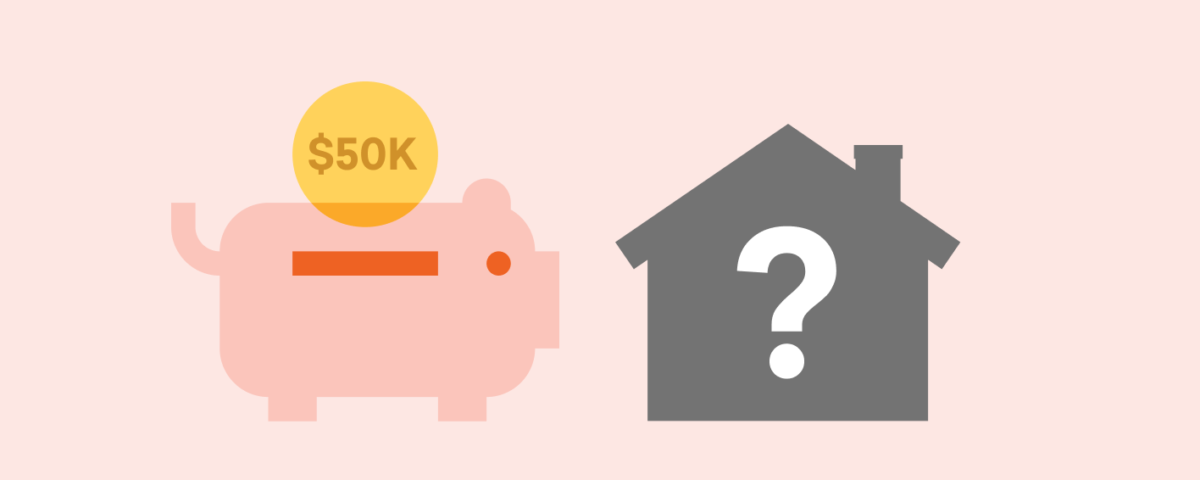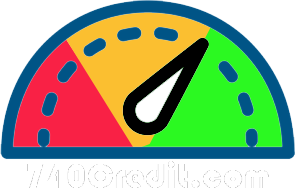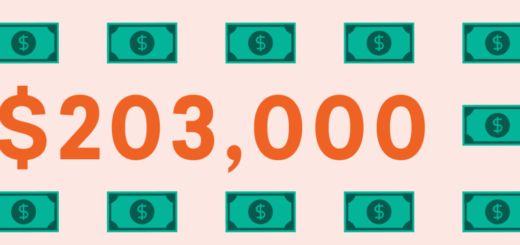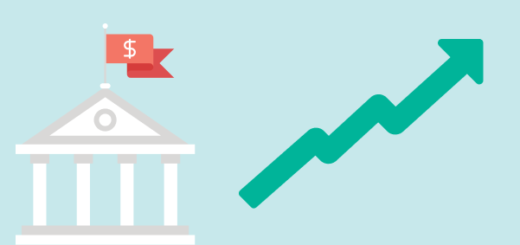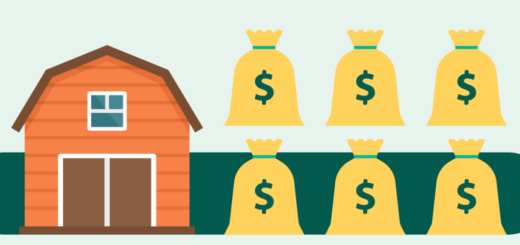How Much House Can I Afford on 50k a Year?
Our goal would be to give you the tools and self-confidence you need to improve your finances. Although we receive compensation from our partner lenders, whom we are going to always identify, all views are our own. Credible Procedures, Inc. NMLS # 1681276, is referred to here mainly because “Credible. ”
When you make $50k a year, figuring out how much house you can afford means constructing the well-informed budget and having realistic expectations.
In some parts of the country, the reality is it might not be possible to buy a home on this income without a big down payment. And in a competitive market, you’ll likely must have picture-perfect finances, compromise on location, and make some serious cuts to other parts of your finances.
In places with more modest housing costs, though, an annual income of $50, 000 can put a home well within reach when mortgage rates are low.
Here is how much house you can afford on a $50k salary:
How much house can I pay for on $50k a year?
When drawing up the homebuying budget, consider following the “28/36 rule. ”
The 28/36 principle breaks down like this:
- The first number (28%) will be the maximum percentage of your pre-tax income you should spend on casing every month.
- The second number (36%) is the maximum percent of your pre-tax income you need to spend on total debt each month.
Loan companies refer to these figures otherwise you debt-to-income ratio (DTI). The first number is your front-end proportion; the second number is your back-end ratio. Lenders generally care more about the back-end DTI since it takes into account all of your financial debt. You’ll want to keep this shape below 36% to have the best chance at securing a home loan.
In addition to that, you’ll want to look to invest no more than $1, 500 on your own mortgage payment and other financial obligations (36% of $4, 167). For instance, if you have a $600 student loan payment, you’ll need to keep your housing payment in order to $900 in order to follow the 28/36 rule.
Getting pre-approved will help you determine how much you’re competent to borrow. With Credible, you can compare home loans and get a streamlined pre-approval letter in just a few minutes.
Get Pre-Approved
Keep in mind that not every loan products are available via Credible.
Affordability scenarios on an earnings of $50k
Let’s look at a best-case scenario where your home loan payment is your only financial debt and you have enough savings to create a 20% down payment at a few different price points. Remember, if you’re sticking to the 28/36 rule, you’ll want to save money than $1, 500 upon housing costs .
Intended for simplicity’s sake, we’ll believe a 30-year, fixed-rate mortgage with a principal and interest payment of $1, 200 a month. This leaves a person with $300 to devote to other housing costs, such as homeowners insurance and property taxes.
Here is the housing price range you are able to shop in at various interest rates:
| Rate of interest | Max loan amount | 20% down payment | Home price you can afford |
|---|---|---|---|
| 3. 00% | $284, 600 | $71, 150 | $355, 750 |
| 3. 25% | $275, 700 | $68, 925 | $344, 625 |
| 3. 50% | $267, 200 | $66, eight hundred | $334, 000 |
| 3. 75% | $259, 100 | $64, 775 | $323, 875 |
| 4. 00% | $251, three hundred | $62, 825 | $314, a hundred and twenty-five |
In the event that those down payments appear way out of reach for you, here’s another table displaying your options with 3% down. In this scenario, we additional $120 a month for private mortgage insurance (PMI), leaving you with $1, 080 for your principal and interest.
| Rate of interest | Max loan amount | 3% down payment | Home price you are able to afford |
|---|---|---|---|
| 3. 00% | 256, 200 | $7, 924 | $264, 124 |
| 3. 25% | $248, two hundred | $7, 676 | $255, 876 |
| 3. 50% | $240, four hundred | $7, 435 | $247, 835 |
| 3. 75% | $233, hundred | $7, 209 | $240, 309 |
| 4. 00% | $226, 200 | $6, 996 | $233, 196 |
Utilizing a mortgage calculator can help you verify your monthly payments. Take advantage of our mortgage payment calculator below to find out how much you might need to save plus budget for before shopping for a house.
Enter your loan information to calculate how much you can pay
With a $ home loan, you will pay out $ regular monthly and a total of $ in interest over the life of your mortgage. You will pay a total of $ on the life of the mortgage.
Need a home loan?
Credible makes getting a mortgage simple. It only takes 3 minutes to find out if you qualify for an instant streamlined pre-approval letter.
Checking rates will not affect your credit score.
Learn More: Just how much a $200, 000 Mortgage Will Cost You
Factors that determine how much house you can afford
The tables above illustrate how different factors affect the amount of house you can purchase . Let’s explain the particular math a bit:
- Annual salary: Having a higher annual salary will naturally raise your homebuying budget.
- Debt-to-income ratio: The previous tables believe a best-case scenario where you don’t have other monthly debt payments, like a student loan, credit card payment, or car loan. The greater pre-existing debt you have, the less you can afford to spend on a home.
- Down payment: A larger down payment will allow you to buy a more expensive home or have a lower monthly mortgage transaction.
- Rate of interest: The lower your own mortgage price , the more you can borrow and the more house you can purchase.
Related: How to Buy a House in 2021: 8 Tips for Winning the particular COVID Homebuying Season
Homebuying costs to budget for
Costs like maintenance, repairs, and resources aren’t considered in the 28/36 equation, so you’ll need to make room for them elsewhere in your budget.
In addition to your monthly primary and interest payment, here are some of the housing costs you’ll need to budget for:
- Closing costs: Budget 2% to 5% of the home’s purchase price for closing expenses. Costs tend to be at the higher end of this range in says that charge real estate transfer taxes. Shopping around can help you obtain a better deal on shutting costs, though you’ll sometimes pay a higher interest rate consequently, which isn’t always a great trade-off.
- Property taxes: Average effective property taxes rates in 2019 ranged from 0. 31% of home values in Hawaii to 2 . 13% in Nj-new jersey according to the Taxes Foundation , an independent taxes policy nonprofit. Your local tax assessor can tell you about the property tax rates in your area.
- Homeowners insurance: Rates can vary from a few 100 dollars to a few thousand bucks per year depending on your state, SQUAT code, property characteristics, and insurance company. Talk to local insurance coverage agents to estimate just how much you should budget for this expenditure.
- Home loan insurance: In case you put down less than 20%, you’ll probably have to pay for PMI. The cost depends on your loan type, down payment, and credit score. It can range from 0. 17% from the loan amount to 1 . 86% of the loan amount.
- Maintenance and repairs: These types of costs can be highly unforeseen, and they’re likely to be higher in older homes and larger homes. Getting a house inspection before you buy can help you avoid a cash pit . Set aside at least 1% of your home’s value per year for these costs, plus roll over any financial savings from one year to the next.
- Utilities: Utility rates differ by location, but you’ll probably need to budget a lot more for a more extreme weather, especially if the home you buy is not really well-sealed and insulated.
- HOA costs: Some homes have no house owners association fees, and some homes in areas with tons of amenities have got HOA fees exceeding $1, 000 per month. Look at nearby property listings to get an idea of what you’ll have to pay for in your area.
How to improve your homebuying budget on a $50k salary
It’s certainly not impossible to buy a home on a $50k salary, plus there are several ways you may be able to boost your budget to get nearer to your goal:
- Increase your deposit: A larger down payment can make a big difference in how much house you can afford. Whenever you put down less than 20%, you have to put part of your monthly budget toward PMI. That will extra expense, combined with the smaller down payment, means your homebuying budget is a lot smaller, and you’ll pay more interest on the life of the loan.
- Pay down existing debt: Once you reduce your debt-to-income ratio, a bigger percentage of your income can go toward your housing payment.
- Trim expenses elsewhere: Lenders may allow a back-end ratio of up to 50 percent. In some parts of the country with expensive housing, going above the recommended 36% may be the just way to buy a home on the $50Kk annual income. To avoid getting in over your head, though, you will want to consider cutting various other items from your budget.
- Look into first-time homebuyer programs: Grants, forgivable loans, low-interest loans, and payment-deferred loans are some of the options that can make ownership a reality just for first-time homeowners .
- Try an FHA mortgage or VA loan: Even though FHA and VA loans have in advance costs that conventional loans don’t, their monthly payments might be more affordable if you have less-than-stellar credit and a small down payment. FHA loans are available to anyone; VA loans are only for being approved military service members.
- Improve your credit rating: You can qualify for a conventional mortgage with a credit rating as low as 620. However , your own interest rate will be higher the low your credit score is. Plus, if you’re required to pay PMI, your PMI will be more expensive. You are able to increase your homebuying budget by improving your credit score and staying away from these extra costs.
- Compromise upon location and/or property kind: Few of us can afford to buy our desire home in our dream location, no matter what our budget is definitely. Common trade-offs include shifting to the suburbs or exurbs, moving to a less expensive part of the country, or choosing a condo or townhome instead of a house.
